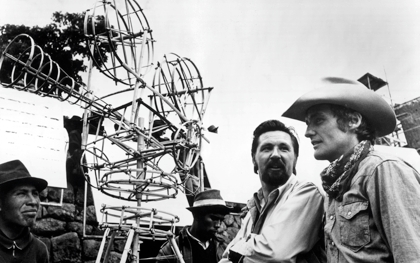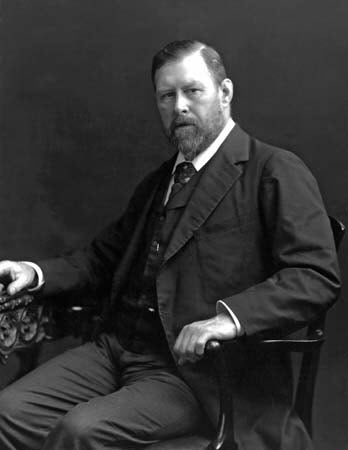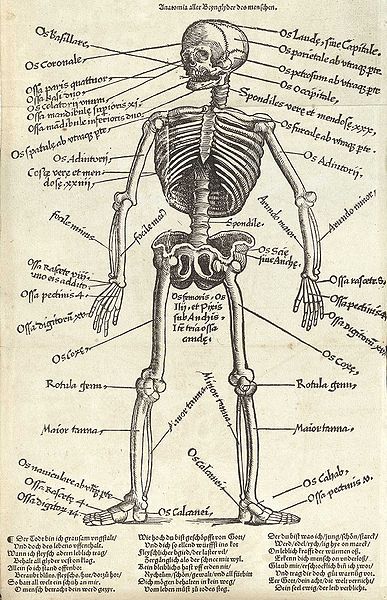Miami has the greatest concentration of Art-Deco architecture of any city (though not the most, overall) because it was so unattractive a place to builders for for so long. It was left to debilitate, though it turned out to be surprisingly benign neglect. No one wanting to build there for decades allowed for the survival of those gorgeous old buildings that had passed into disrepair. They otherwise most certainly would have been razed and replaced with lesser structures. By the time Miami was ready to roar back, the citizens realized they possessed unburied treasures. Thus we have modern Miami, an architectural hotspot. Decay–to a point–can be a favor.
Information, like architecture, often requires benign neglect to survive, especially since it’s not always immediately clear what information is most vital. From Sebastian Stockman’s Atlantic article about the history of note-taking:
“Historically, notes were not always well preserved. Pliny the Elder, for instance, took ‘prodigious’ notes, according to the conference’s other co-organizer, Harvard history professor Ann Blair. Pliny would have first made notes on clay tablets before copying them to parchment. But no third copies were made, and we only know that Pliny the Elder was a serious note-taker because Pliny the Younger said so.
The notes that do survive, Blair said, have done so thanks to ‘long periods of benign neglect, combined with crucial moments of careful stewardship’ by various libraries and other institutions. This conference was held in part to highlight such stewardship at many of Harvard’s libraries, and the fact that anyone can now view digitized versions of these annotations here. You can examine high-resolution images of John Hancock’s commonplace book, say, or pages from William James’diary. You might also follow one or more of the guided itineraries through the collections, curated by conference participants and others. (Price’s tour is here; Blair’s is here.)
While there was plenty of fascinating history (Did you know that ‘off the cuff’originally referred not to the practice of extemporaneous speaking, but to a speaker’s surreptitious glance at penciled notes on his starched shirt cuff? Or that Elizabethan-era theater-goers used to crib from plays not the main plot points, but the funniest jokes or the best pick-up lines?), the conference considered the future of note-taking.
Because it does have a future.”




























